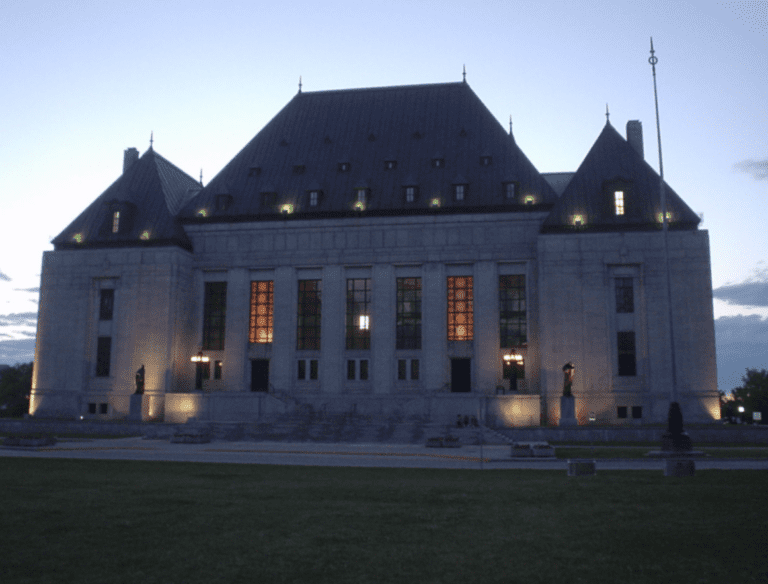Lindsay Shepherd, Campus Free Speech Fellow with the Justice Centre, will testify today before the Parliamentary Standing Committee on Justice and Human Rights as it studies the issue of “online hate” in Canada. The Standing Committee opened this study following the Christchurch mosque shootings in New Zealand that killed 51 people.
This hearing is open to the public and starts at 8:45 a.m. in room 405 of the Wellington Building, 197 Sparks Street. Ms. Shepherd will be joined by historian, author and filmmaker, John W. Robson, and by noted political and social commentator Mark Steyn.
Ms. Shepherd will provide insight to the Committee based on the unique experiences she gained during her university studies. Lindsay, who has a Master of Arts in Cultural Analysis and Social Theory from Wilfrid Laurier University, became well known in Canada and abroad after she was subjected to intimidation, bullying and reprimands by her professors for having shown her pupils a segment of a television debate about gender neutral pronouns featuring Dr. Jordan B. Peterson. She was the recipient of the 2018 Outstanding Graduate Student Award from Heterodox Academy and the 2018 Harry Weldon Canadian Values Award from the Peace, Order and Good Government think tank.
Ms. Shepherd’s testimony comes not long after the submission of a report to the same Committee, which was prepared by the Justice Centre to benefit Parliamentarians as they examine the issue of “online hate” in Canada. This report, Hate or Disagreement? Respecting Charter-protected freedom of expression in a digital world, implores Parliamentarians to tread carefully when redefining the line between Criminal hatred and free expression:
In order to preserve Canada’s liberal democracy, federal and provincial governments must pay closer attention to their constitutional obligations. The intent to protect the constitutional right of freedom of expression must begin to be “fundamental” to governments, not an afterthought, or an inconvenience.










